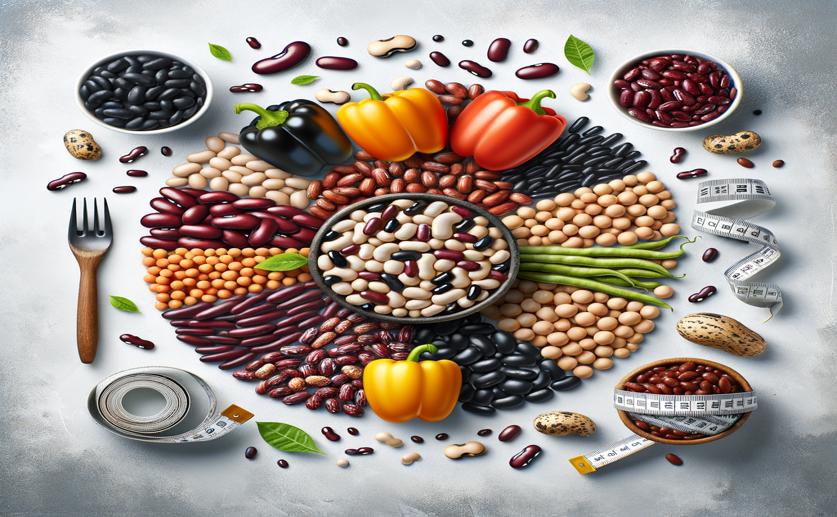
Eating More Beans Leads to Healthier Diets and Weight Loss
Jenn Hoskins
22nd March, 2024

Image Source: Natural Science News, 2024
Key Findings
- In the U.S., diets including beans lead to higher quality nutrition and more essential nutrients
- Bean eaters generally have a healthier weight and smaller waistlines
- Experts suggest eating more beans for a better diet and to help prevent chronic diseases
References
Main Study
1) Adult dietary patterns with increased bean consumption are associated with greater overall shortfall nutrient intakes, lower added sugar, improved weight-related outcomes and better diet quality.
Published 20th March, 2024
https://doi.org/10.1186/s12937-024-00937-1
Related Studies
2) Global Burden of Cardiovascular Disease from 1990 to 2019 Attributable to Dietary Factors.
3) Application of a New Carbohydrate Food Quality Scoring System: An Expert Panel Report.
4) Legume Consumption and Risk of All-Cause and Cause-Specific Mortality: A Systematic Review and Dose-Response Meta-Analysis of Prospective Studies.



 9th March, 2024 | Jim Crocker
9th March, 2024 | Jim Crocker